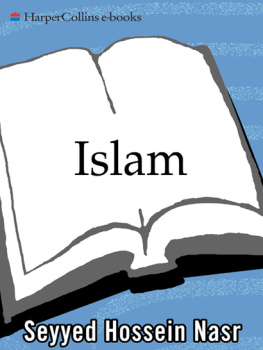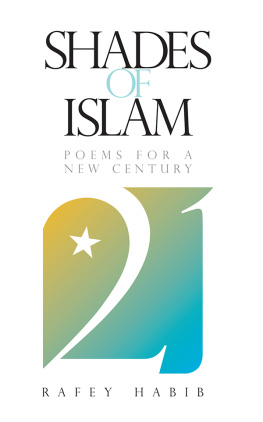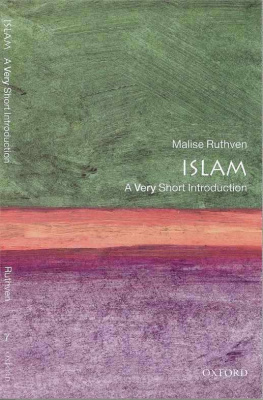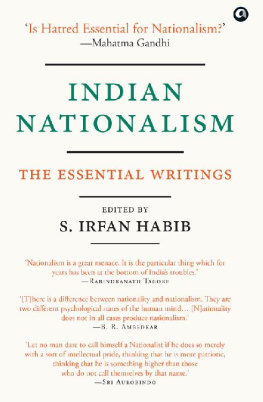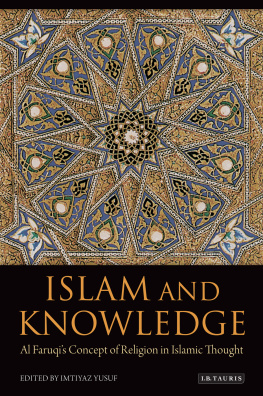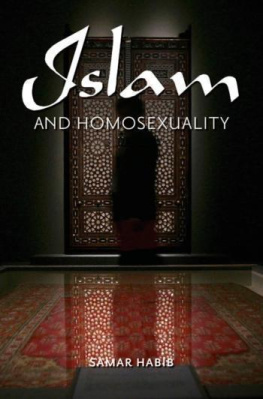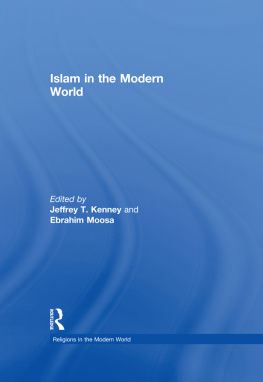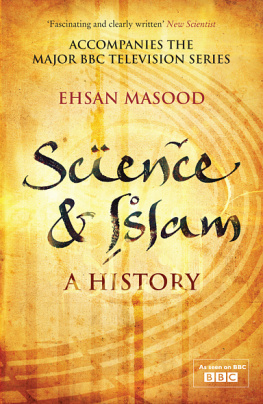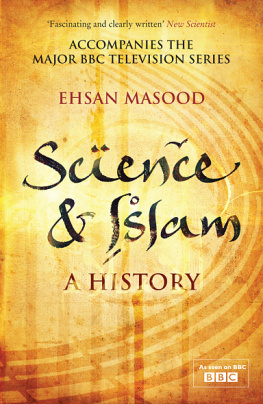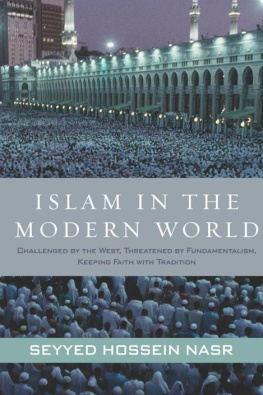Jihad or Ijtihad?
Religious Orthodoxy and Modern
Science in Contemporary Islam
S. IRFAN HABIB

To Atiya, my wife, in whom I see an apt example of a Muslim
whose world is open to new ideas, who is eclectic and assimilative of
anything good from any religion or culture.
Contents
T his book is not in any way about the history of science in Islam, though there are a number of instances when I had to journey into Islamic history. The need to do so was to explain several contemporary concerns and issues. But my focus here is to engage with some serious fundamentalist formulations, about science in Islam, that are being peddled as Islamic science. And this is not being done simply to question the Eurocentrism of modern science but also to inform believers that modern science does not conform to their Islamic faith and values, thus an urgent need for an Islamically (sic) validated science, whatever that means.
Let me also point out that I have more issues with Islamism than Islam per se. I see Islamism as a political ideology, with political not theological objectives, though it masquerades as resurgent Islam. In a postcolonial context, it has grounded itself as a valid political, as well as intellectual, response, reading peoples frustrations with callous governments and cynicism regarding the future. While science and technology have brought about light and darkness simultaneously, Islamist interlocutors emphasize merely its darker side. They delink Islam from modern science and its manifestationsnegative or positive. As an alternative, they advocate Quran and hadis-centric science, ignoring the fact that the Prophet emphasized the use of reason for the pursuit of knowledge, in fact, even to understand the Book. The captives taken from the Battle of "Badr", were freed on different conditions. One of the conditions was that if a prisoner could educate ten Muslims he would win his emancipation. Note that these prisoners were not Muslims and so were not supposed to impart knowledge based on the Quran or hadis. This was possible during the Prophets time and had his approval.
It is strange, and ironic as well, that early contributors to science and philosophy in Islam never felt the need to wed science with religion. While today, in the words of Ahmad Dallal, when Muslim participation in the production of the universal culture of science is dwindling, they call for bringing the two together.
There are even attempts to establish that the Quran and hadis are the true sources of all valid scientific knowledge for believers. Again, early commentators never felt the need to advocate an understanding of the Quran as a source of scientific knowledge.
Most of the chapters in this book try to contrast the position of Muslim modernists of the 19th century with those of the present-day ideologues. Despite being practicing Muslims, we seldom find anyone from the 19th century promoting the Quran as a book of science. Rather, most believe that the Quran just inspires believers to pursue knowledge. They were convinced that scientific knowledge, like anything else in cultures and civilizations, evolves and progresses through exchange with each other and not merely within exclusive domains.
The title of the book is not to provoke. Both jihad and ijtihad are at the core of Islam. While the former is the most misunderstood and misused term ever, the latter has been forgotten. The real jihad was defined by the Prophet himself when he said after his return from a battle: We return from the lesser jihad to the greater jihad, the more difficult and crucial effort to conquer the forces of evil in oneself and in ones own society in all the details of daily life.
Yet, we all know how jihad is perceived today. The gradual disappearance of ijtihad, or independent and rational thinking, was initially confined to legal matters but later expanded to include other areas as well. By the nineteenth century, particularly after colonization, scholars felt that the lack of ijtehad had led to intellectual stagnation. The poet/philosopher Muhammad Iqbal, for instance, saw ijtihad as the catalyst for Islams intellectual resurgence, whereas the Grand Mufti of Egypt, Muhammad Abduh, considered it a break from traditional scholarship. Today, even a proponent of Islamic science, Ziauddin Sardar, concedes that with the disappearance of ijtihad, science in Islam has become a matter of history.
New Delhi
S. IRFAN HABIB
Introduction
Heterogeneity and Early Science in Islam
I began thinking of and writing these essays almost ten years ago. They are imbued with my sense of discomfort at the growing fundamentalism in Islam and in the world generally. The mess in global politics can be held partially responsible for the emergence of this perversion called political Islam, which has successfully purged it of all humanitarian and pluralist values. This caricatured Islam is reflected in the realm of the history of science as well, which prompted me to dwell upon the Islam and science debate. Some writings on the Islamization of science that I read were couched in scholarly phraseology and hence did not succinctly explain the methodology of this process called Islamization. Further readings
Modern science is sometimes called Western science because it was developed by those living in the West. These included Christians, Jews, atheists and others. In our times, significant contributions have been made by Chinese, Japanese, Russian and Indian scientists, and a Pakistani one who was denigrated in his own country because he did not belong to mainstream Islam. It is this pluralism that needs to be reinstated once Eurocentrism, which has held sway since colonization, is displaced. The crucial lesson to learn is from the rise and decline of the history of science in Islamic civilization itself.
It is difficult to find an Islamic scholar who will not vouch for Islams seminal contribution to science and yet reiterate that Islam is not in conflict with science. They invariably hark back to the early centuries of Islam to establish the veracity of their claims and flaunt names from Islams history of science such as Al-Khawarizmi, Al-Kindi, Al-Farabi, Ibn Sina, Ibn Rushd, al-Razi and Omar Khayyam. No one can dispute the fact that these scholars, along with several others, significantly contributed to scientific creativity in Islamic civilization and should be credited with helping the flowering of modern science in the West. It was through the Arab philosophers and scientists that the rich patrimony of Greek learning reached the leading lights of modern rationalism. The father of modern scientific research, Roger Bacon, was a disciple of the Arabs. By virtue of patronage at the highest level during the Abbasid Caliphate in Baghdad, the foundations of rational and natural sciences were laid when the House of Wisdom (BaitulHikmah), which welcomed scholars of all creeds, religions and beliefs, was established.
However, all those who make such claimsand rightly so forget that this particular phase in Islamic history was marked predominantly by the Mutazilite school of philosophy, which was based on freethinking and rationalism. It was an ecumenical setting for science, where savants of nearly all creeds and origins worked towards a common purpose.
One more crucial aspect, which needs to be highlighted, is the role that should be assigned to Islam during this spurt of scientific efflorescence. Apparently because of the importance of that role in world intellectual history many scholars have been led to look at the medieval Islamic period as a period of reception, preservation and transmission
Next page

